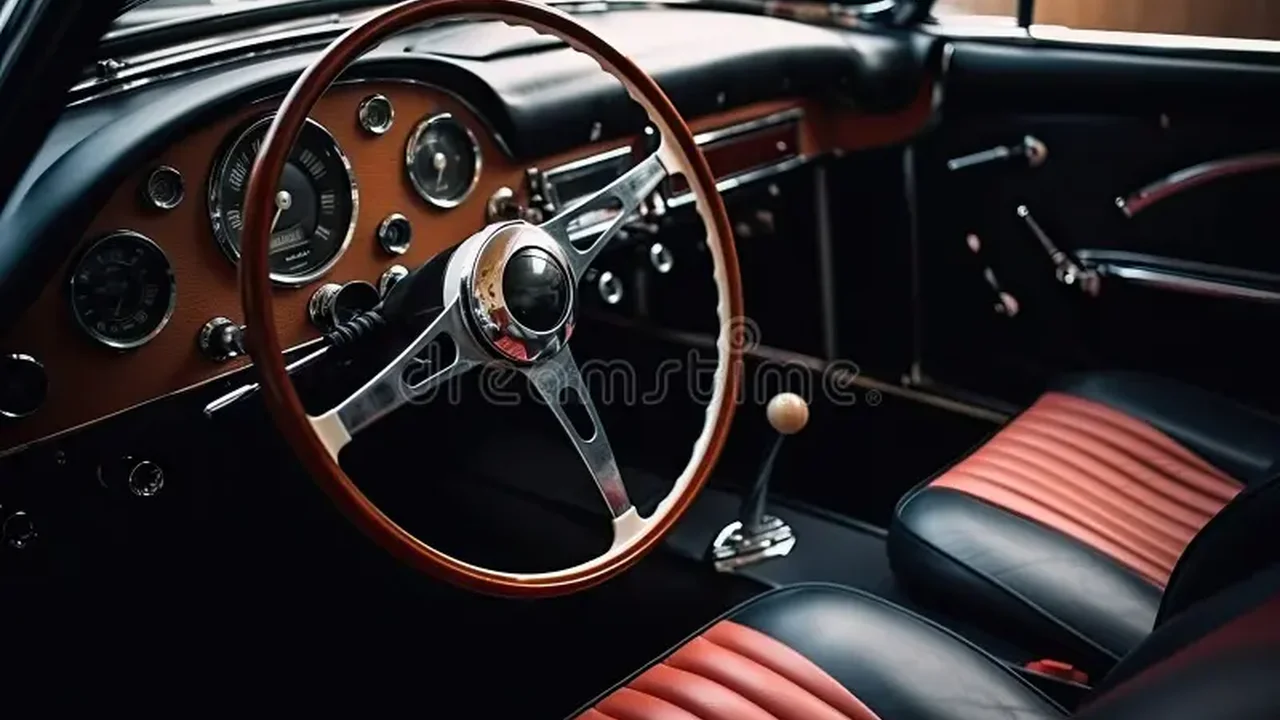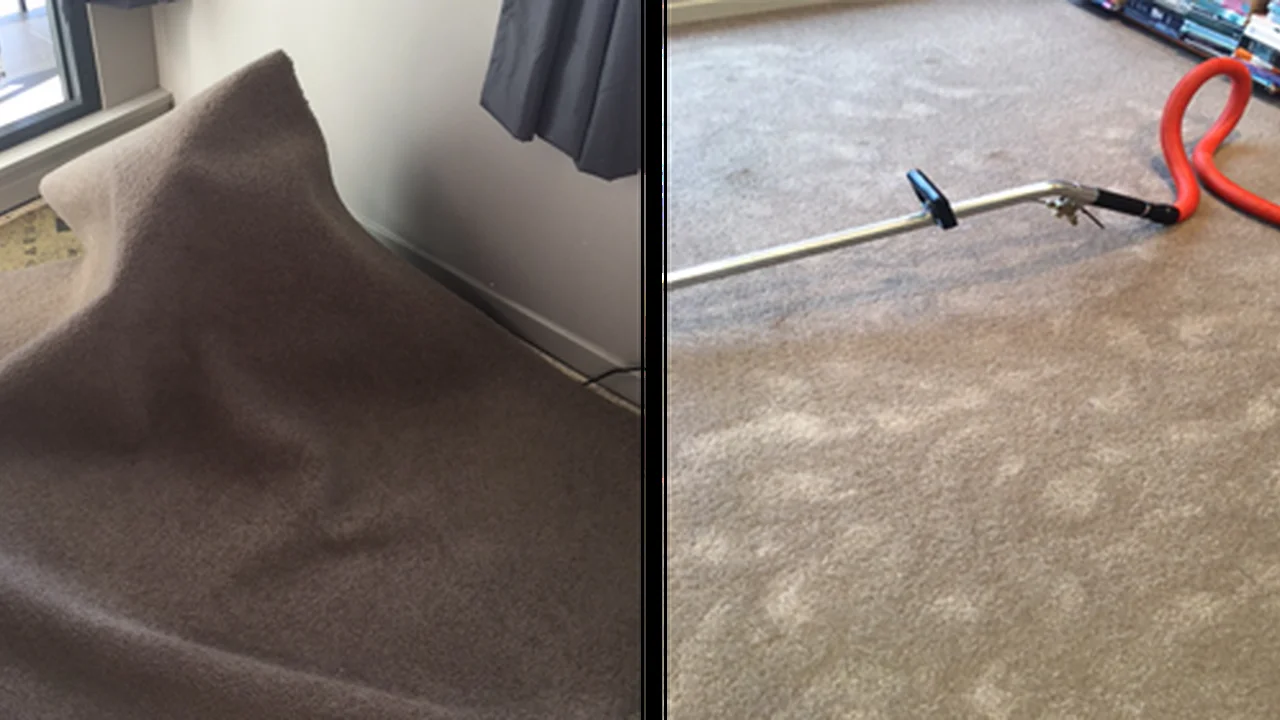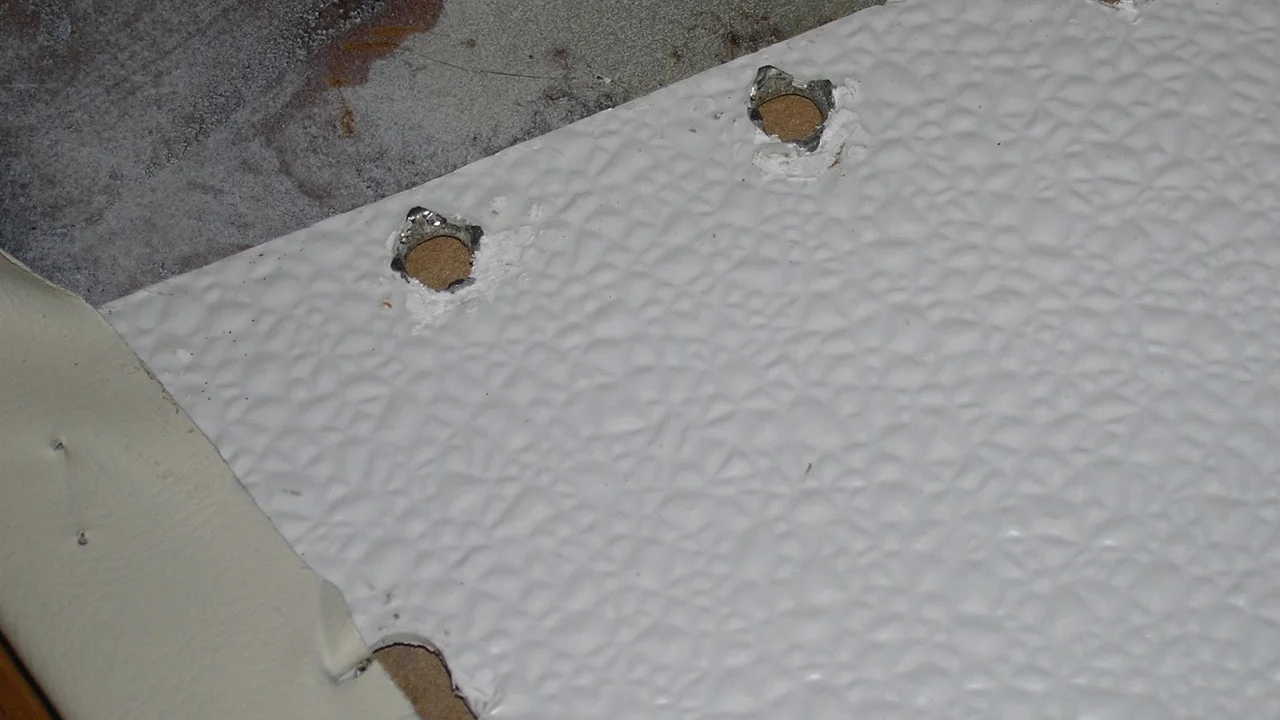Importing Classic Car Parts: A Comprehensive Guide
Discover the top online marketplaces to find rare and authentic parts for your classic car restoration project. Compare features, prices, and user reviews. Ensure you get the right parts to complete your restoration.

Why Consider Importing Classic Car Parts
So, you're knee-deep in a classic car restoration project? Awesome! But sometimes, finding that *perfect* part feels like searching for a unicorn. That's where importing comes in. Maybe the part you need is super rare and only available overseas. Or perhaps you're looking for a better price than you can find locally. Whatever the reason, importing can open up a whole new world of possibilities for your restoration.
Navigating Customs Regulations for Classic Car Parts Imports
Alright, let's talk customs. This is where things can get a little tricky, but don't worry, we'll break it down. First, you need to understand that each country has its own set of regulations for importing goods, including car parts. In the US, Customs and Border Protection (CBP) is the main agency you'll be dealing with. They're responsible for enforcing import laws and regulations.
Here's what you need to know:
- Harmonized Tariff Schedule (HTS): This is a classification system used to identify and categorize imported goods. Each car part has a specific HTS code, which determines the duty rate you'll pay. You can find the HTS code on the CBP website or consult with a customs broker.
- Entry Summary: This is a form you'll need to file with CBP to declare the imported goods. It includes information like the HTS code, quantity, value, and country of origin.
- Commercial Invoice: This is a document provided by the seller that details the transaction, including the price, quantity, and description of the parts.
- Packing List: This document lists the contents of each package and can be helpful for customs officials to verify the shipment.
Pro Tip: Working with a customs broker can save you a lot of headaches. They're experts in import regulations and can handle all the paperwork and logistics for you. They charge a fee for their services, but it's often worth it to avoid potential delays or penalties.
Understanding Import Duties and Taxes on Vintage Car Parts
Okay, let's talk money. Import duties and taxes are fees you'll need to pay to CBP when importing car parts. The duty rate is determined by the HTS code and the country of origin. Some countries have free trade agreements with the US, which can reduce or eliminate duty rates. The Value-Added Tax (VAT) is not applicable in the USA.
Here's a breakdown:
- Duty Rate: This is a percentage of the value of the imported goods. The rate varies depending on the HTS code and the country of origin.
- Merchandise Processing Fee (MPF): This is a fee charged by CBP for processing import entries. The fee is based on the value of the goods, with a minimum and maximum amount.
- Harbor Maintenance Fee (HMF): This fee applies to imports arriving by sea. It's a percentage of the value of the goods.
Example: Let's say you're importing a carburetor from the UK worth $500. The duty rate for carburetors is 2.5%. The MPF is 0.3464% with a minimum of $27.75 and a maximum of $538.40. The HMF is 0.125%.
Here's the calculation:
- Duty: $500 x 0.025 = $12.50
- MPF: $500 x 0.003464 = $1.73 (Since this is less than the minimum of $27.75, you'll pay $27.75)
- HMF: $500 x 0.00125 = $0.63
- Total Duties and Fees: $12.50 + $27.75 + $0.63 = $40.88
So, you'll need to pay $40.88 in duties and fees in addition to the $500 for the carburetor.
Shipping Logistics for Classic Auto Parts Importing
Now, let's talk about getting those parts from overseas to your garage. You have a few options for shipping:
- Air Freight: This is the fastest option, but also the most expensive. It's a good choice for small, valuable parts that you need quickly.
- Sea Freight: This is the most economical option, but it takes longer. It's a good choice for large, heavy parts that you don't need right away.
- Courier Services: Companies like FedEx, UPS, and DHL offer door-to-door service and can handle customs clearance for you. This is a convenient option, but it can be more expensive than other methods.
Things to consider when choosing a shipping method:
- Cost: Get quotes from different shipping companies and compare prices.
- Transit Time: How quickly do you need the parts?
- Insurance: Make sure the shipment is insured against damage or loss.
- Customs Clearance: Will the shipping company handle customs clearance for you, or will you need to do it yourself?
Finding Reliable International Suppliers for Vintage Car Components
Finding a reputable supplier is crucial when importing classic car parts. You want to make sure you're getting authentic parts at a fair price. Here are a few tips:
- Do your research: Check online reviews and ratings of the supplier.
- Ask for references: Contact other customers and ask about their experience.
- Verify the supplier's credentials: Make sure the supplier is licensed and registered to do business.
- Use a secure payment method: Pay with a credit card or PayPal, which offer buyer protection.
- Get a written agreement: Before placing an order, get a written agreement that outlines the terms of the sale, including the price, quantity, delivery date, and warranty.
Specific Product Recommendations and Comparisons for Classic Car Parts Importing
Okay, let's get down to some specific product recommendations and comparisons to help you make informed decisions when importing classic car parts.
Carburetors
If you're restoring a classic British car, like an MG or Triumph, you might need to import a SU carburetor. These carbs are known for their simplicity and reliability, but they can be difficult to find in the US.
- SU HS4 Carburetor: This is a popular choice for many British cars. You can find rebuilt HS4 carbs from suppliers in the UK for around $200-$300.
- Weber 32/36 DGV Carburetor: This is a popular upgrade for classic cars. It offers improved performance and fuel economy. You can find Weber carbs from suppliers in Europe for around $300-$400.
Comparison: The SU carb is more authentic for British cars, but the Weber carb offers better performance. Consider your goals for the restoration when making your choice.
Distributors
If you're restoring a classic German car, like a Volkswagen Beetle or Porsche 356, you might need to import a Bosch distributor. These distributors are known for their quality and reliability.
- Bosch 009 Distributor: This is a popular upgrade for VW Beetles. It offers improved performance and reliability. You can find Bosch 009 distributors from suppliers in Germany for around $150-$250.
- Bosch Distributor for Porsche 356: These distributors are more expensive and can be difficult to find. Expect to pay $500-$1000 for a rebuilt unit from a reputable supplier in Europe.
Comparison: The Bosch 009 distributor is a great option for VW Beetles, but you'll need to find a specialized supplier for Porsche 356 distributors.
Body Panels
If you need to replace rusted or damaged body panels, you might need to import them from overseas. Some countries specialize in manufacturing reproduction body panels for classic cars.
- British Motor Heritage Body Panels: This company in the UK manufactures high-quality reproduction body panels for classic British cars. Prices vary depending on the panel, but expect to pay $500-$1000 per panel.
- Klokkerholm Body Panels: This company in Denmark manufactures reproduction body panels for a wide range of classic cars. Prices are generally lower than British Motor Heritage, but the quality may not be as high.
Comparison: British Motor Heritage offers higher quality panels, but Klokkerholm is a more affordable option. Consider your budget and the level of quality you need when making your choice.
Potential Challenges and How to Overcome Them When Importing Classic Car Components
Importing classic car parts isn't always smooth sailing. Here are some potential challenges and how to overcome them:
- Language Barriers: If you're dealing with a supplier in a foreign country, language barriers can be a challenge. Use online translation tools or hire a translator to help you communicate.
- Currency Exchange Rates: Currency exchange rates can fluctuate, which can affect the price of the parts. Use a currency converter to get an accurate exchange rate and factor in any fees charged by your bank or credit card company.
- Shipping Delays: Shipping delays can happen due to customs inspections, weather, or other unforeseen circumstances. Track your shipment online and contact the shipping company if you experience any delays.
- Damaged Goods: If the parts arrive damaged, file a claim with the shipping company and contact the supplier to arrange for a replacement or refund.
- Counterfeit Parts: Beware of counterfeit parts, which are often sold at lower prices. Buy from reputable suppliers and inspect the parts carefully when they arrive.
Tips for a Smooth and Successful Classic Car Parts Importing Experience
Here are some final tips to help you have a smooth and successful importing experience:
- Plan ahead: Start your research early and allow plenty of time for shipping and customs clearance.
- Be organized: Keep track of all your paperwork, including invoices, shipping documents, and customs forms.
- Communicate clearly: Communicate clearly with the supplier and shipping company to avoid misunderstandings.
- Be patient: Importing can take time, so be patient and don't get discouraged if things don't go exactly as planned.
- Enjoy the process: Restoring a classic car is a rewarding experience. Enjoy the process of finding and importing the parts you need to bring your car back to life.
:max_bytes(150000):strip_icc()/277019-baked-pork-chops-with-cream-of-mushroom-soup-DDMFS-beauty-4x3-BG-7505-5762b731cf30447d9cbbbbbf387beafa.jpg)






